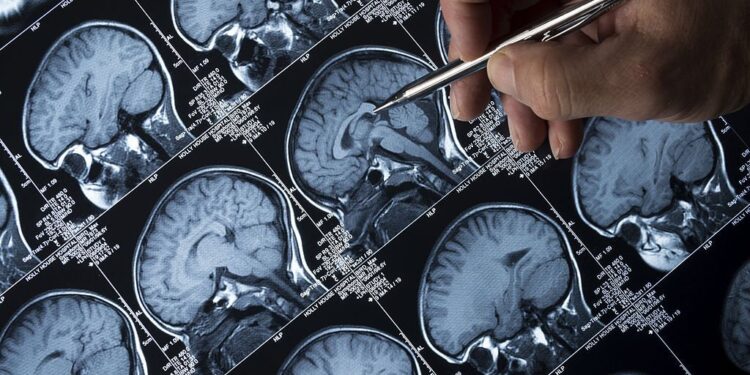Alzheimer’s disease is a neurodegenerative condition that has profound effects on the brain. These effects include significant difficulties with memory, cognitive functioning, and behavioral issues. Because this is a progressive illness, the symptoms become more severe over time, which causes significant changes in a person’s capabilities as well as their personality.
Understanding the Complexity of Alzheimer’s Disease
Different subtypes of Alzheimer’s disease present varied impacts on brain structure, neuropathology, and cognition, thereby playing a critical role in the heterogeneity research of this disease. This multi-faceted understanding becomes increasingly important when considering therapeutic interventions, including the use of transcranial direct current stimulation (tDCS). Unfortunately, the optimal stimulation parameters to improve memory performance in Alzheimer’s patients are currently under-explored, necessitating further research.
Our definition and understanding of Alzheimer’s disease are continually evolving as a result of ongoing research, which contributes to ongoing efforts to improve diagnosis and treatment methodologies.
Identifying Alzheimer’s Disease: Symptoms and Behavioral Changes
The disease is characterized by a diverse set of symptoms, any one of which may appear in any one of a number of different ways in a given individual. These symptoms can also occur in combination with one another. Despite this, the presence of a few symptoms that are fairly universal can be of assistance in making a diagnosis of Alzheimer’s disease. These include:
- Memory loss, particularly recent events
- Difficulty with problem-solving, planning, and task completion
- Confusion regarding time and place
- Struggling with language, including finding the right words or following a conversation
- Poor judgment and decision-making abilities
- Changes in mood and personality, often leading to withdrawal or irritability
Alterations in behavior further complicate the presentation of Alzheimer’s disease; some patients experience neuropsychiatric symptoms such as agitation, aggression, and depression as a result of these behavioral changes.
Other common changes include behavioral abnormalities such as hallucinations, delusions, and aberrant motor behavior, all of which have a tendency to increase along with cognitive impairment.
In addition, people who have Alzheimer’s disease may display significant circadian rhythm-related behavioral disturbances, such as fragmented sleep-wake patterns, which can contribute to mental decline and restlessness during the daytime.
Alzheimer’s Disease Management: Treatment Modalities
Even though there is currently no cure for Alzheimer’s disease, there are a number of treatments that can help patients manage their symptoms and improve their quality of life. The following are some examples of common treatments:
Acetylcholinesterase inhibitors: Medications like donepezil, rivastigmine, and galantamine help enhance memory and cognition by increasing brain acetylcholine levels. Their benefits extend across all dementia stages, although their efficacy in mild cognitive impairment and prodromal Alzheimer’s disease remains unproven.
Memantine: This medication improves memory and cognition by modulating glutamate, a neurotransmitter involved in learning and memory. Its benefits are generally more effective in moderate to severe stages, and its efficacy can be increased when combined with a cholinesterase inhibitor.
Psychological interventions: Simple psychological measures and pain management are often the first-line strategies prior to pharmacotherapy for managing behavioral and psychological symptoms of dementia (BPSD).
Disease-modifying interventions: Current research is exploring potential disease-modifying interventions, such as BACE1 inhibitors, which hold promise as Alzheimer’s treatment options.
It is of the utmost importance to keep in mind that the efficacy of these treatments varies from person to person, necessitating the creation of individualized treatment plans that are directed by a thorough evaluation from medical professionals.
Steps that are essential in the battle against Alzheimer’s disease include having a comprehensive understanding of the disease’s complexity, recognizing its myriad symptoms, and investigating potential therapeutic interventions. There is reason to believe that more accurate diagnostic procedures and treatment options will become available in the near future as research continues to make progress.
For more information, visit Canada Drugs



